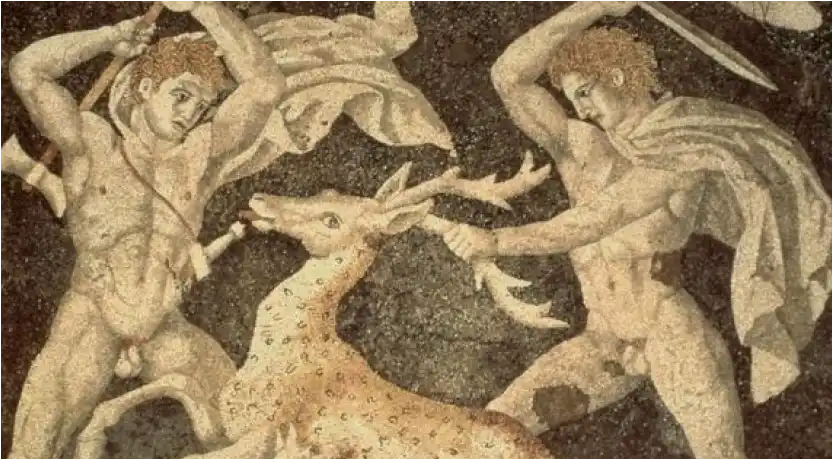Unlike the famous democracies and oligarchies of southern Greece, the Macedonian state was a powerful and effective monarchy. To understand its success, it is essential to explore how the institutions of the Macedonian kingdom worked. The state was built around three core pillars: the King, a council of advisors, and a broader assembly of the people or army. This structure, while seen as archaic by some Greeks, proved to be a formidable system for military mobilization and political control.
Table of Contents
👑 The Power and Role of the Macedonian King
At the center of the Macedonian state was the King (basileus). He was the chief religious figure, the supreme judge, the head of government, and, most importantly, the commander-in-chief of the army. While the monarchy was hereditary within the Argead dynasty, the king’s power was not absolute. He was expected to rule according to custom and law and to consult with his key advisors. A successful king was one who led his armies to victory and rewarded his followers with land and booty, thereby securing their loyalty.
🛡️ The Assembly of the Macedonians
The Macedonian king did not rule in a vacuum; he was accountable to the Assembly of the Macedonians. This was a gathering of all Macedonian citizens in a time of war, which effectively meant the army. The Assembly’s most crucial powers were the acclamation of a new king and acting as a high court for cases of treason. While it did not vote on policy like a democratic assembly, its support was essential for a new king to secure his throne. This gave the Macedonian people, through the army, a direct and powerful role in the state’s most critical decisions.
🤝 The Royal Council and Companions
The king was advised by a Royal Council (synedrion), which consisted of his most trusted nobles, friends, and generals, known as the Companions (hetairoi). This body served as an advisory board on matters of state and war. The king would consult them on important decisions, and they often served as his commanders and regional governors. This system ensured that the most influential members of the aristocracy were integrated into the state’s decision-making process, providing the king with both expert advice and political support.
Roisman, Joseph, and Ian Worthington, editors. A Companion to Ancient Macedonia. Wiley-Blackwell, 2010.
More Topics
- Curses: The History of the Evil Eye and Binding Magic
- Magical Plants: A Witch’s Garden of Herbs and Poisons
- Roman Magic: Curses, the Strix, and Everyday Protection
- Circe: The Greek Sorceress of Transformation and Myth
- Greek Magic: Hecate’s Power, Oracles, and Enchantresses
- Japanese Magic: Yōkai, Onmyōdō, and Supernatural Folklore
- Empress Chen Jiao: The Royal Scandal of Witchcraft in Han China

